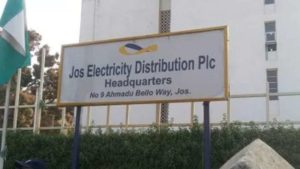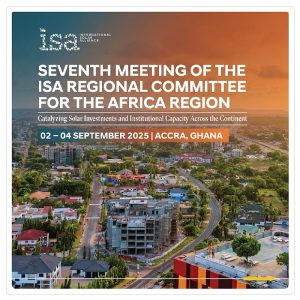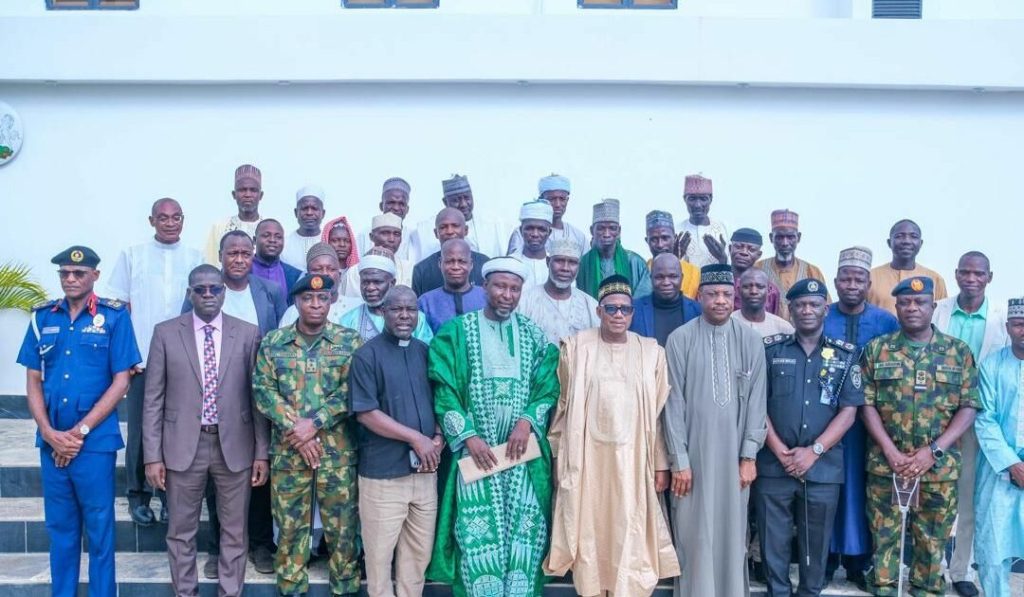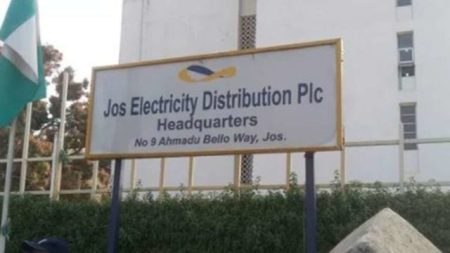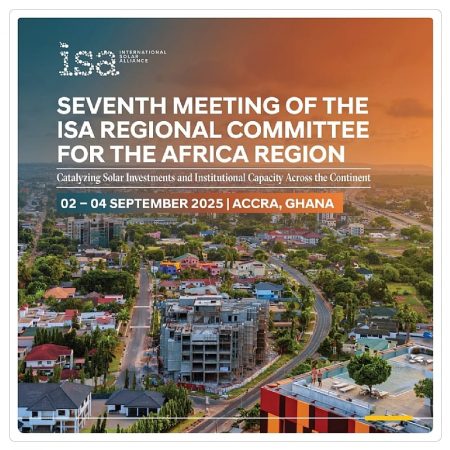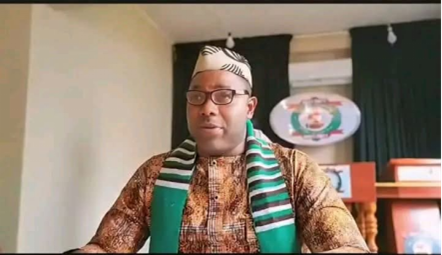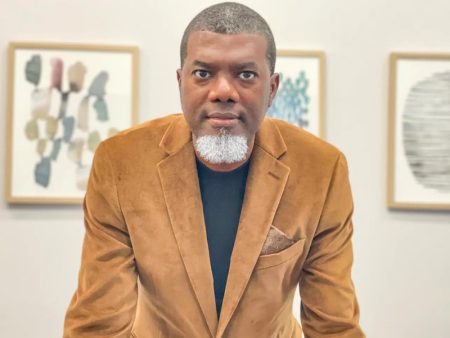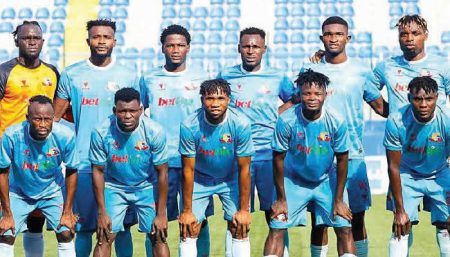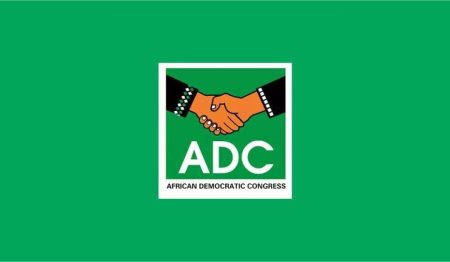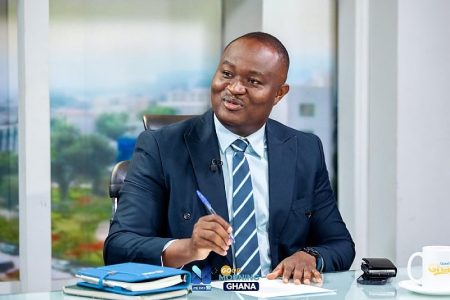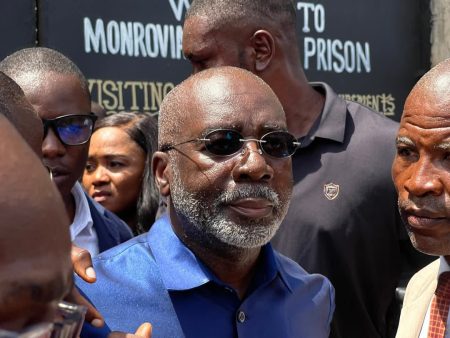Bauchi State, located in northeastern Nigeria, has long grappled with the complex challenge of maintaining peace and harmony amidst diverse ethnic and religious groups. Governor Bala Mohammed, recognizing the fragility of peace and the potential for disruption, inaugurated an Inter-Faith Peace Committee comprised of influential religious leaders, security personnel, and local government officials from the Tafawa Balewa and Bogoro Local Government Areas. These areas have historically been flashpoints for conflict, making the committee’s role all the more critical. The governor’s initiative underscores the importance of proactive peacebuilding measures and the vital role of religious leaders in fostering understanding and tolerance within their communities.
The primary mandate of the Inter-Faith Peace Committee is to engage in widespread sensitization campaigns promoting peaceful coexistence, religious harmony, and ethnic tolerance. The committee’s formation comes in response to escalating tensions and the potential for renewed violence, particularly between farmers and herders, a recurring source of conflict in the region. Governor Mohammed emphasized the need to counteract the insidious efforts of “unpatriotic elements” seeking to exploit these tensions and undermine the hard-won peace established over the past six years. He reiterated the government’s commitment to maintaining order and security, pledging continued collaboration with law enforcement agencies to address emerging threats promptly and decisively.
The strategic composition of the committee reflects a deep understanding of the influential role religious leaders play in shaping community attitudes and behavior. Drawn from both Christian and Muslim communities, the Imams and clergymen represent trusted figures within their respective congregations, wielding considerable moral authority and possessing deep community connections. Their ability to bridge divides, mediate disputes, and facilitate constructive dialogue is essential to de-escalating tensions and fostering mutual understanding. The inclusion of security personnel and local government officials further strengthens the committee’s capacity to address the root causes of conflict and implement effective peacebuilding strategies.
Governor Mohammed highlighted the significance of this committee by drawing parallels to the successful track record of the Council of Imams and Pastors, a similar interfaith initiative that played a crucial role in fostering peace within the state. By leveraging the experience and established networks of this previous council, the newly formed committee is well-positioned to build upon existing foundations and further strengthen interfaith relations. The governor also announced plans for a complementary societal reorientation program designed to reinforce positive values and norms, further emphasizing the importance of a holistic approach to peacebuilding that addresses both immediate concerns and long-term societal transformation.
The co-chairmen of the committee, Imam Ado Tafawa Balewa and Reverend Vincent Bature, expressed their unwavering commitment to fulfilling the committee’s mandate and ensuring the preservation of peace in their respective communities. Imam Balewa emphasized the committee’s determination to identify and address any internal obstacles that might hinder their effectiveness, vowing to hold accountable any members who compromise the committee’s integrity or undermine its objectives. He reiterated the importance of shielding the region from destabilizing influences, stressing the commitment to exposing and thwarting the efforts of those seeking to sow discord. Reverend Bature echoed these sentiments, highlighting the shared commitment to peace within both Christianity and Islam and underscoring the crucial role of awareness campaigns in promoting unity and understanding between adherents of both faiths.
The establishment of this Inter-Faith Peace Committee marks a significant step forward in Bauchi State’s ongoing efforts to promote peaceful coexistence. By leveraging the moral authority and community influence of religious leaders, coupled with the expertise of security personnel and local government officials, the committee holds immense potential to address the root causes of conflict, mitigate tensions, and foster an environment of mutual respect and understanding. The committee’s success will depend on its ability to effectively engage with communities, build trust, and promote dialogue across religious and ethnic lines. Its work is not merely about resolving immediate disputes, but about cultivating a culture of peace that ensures long-term stability and prosperity for all the citizens of Bauchi State.


